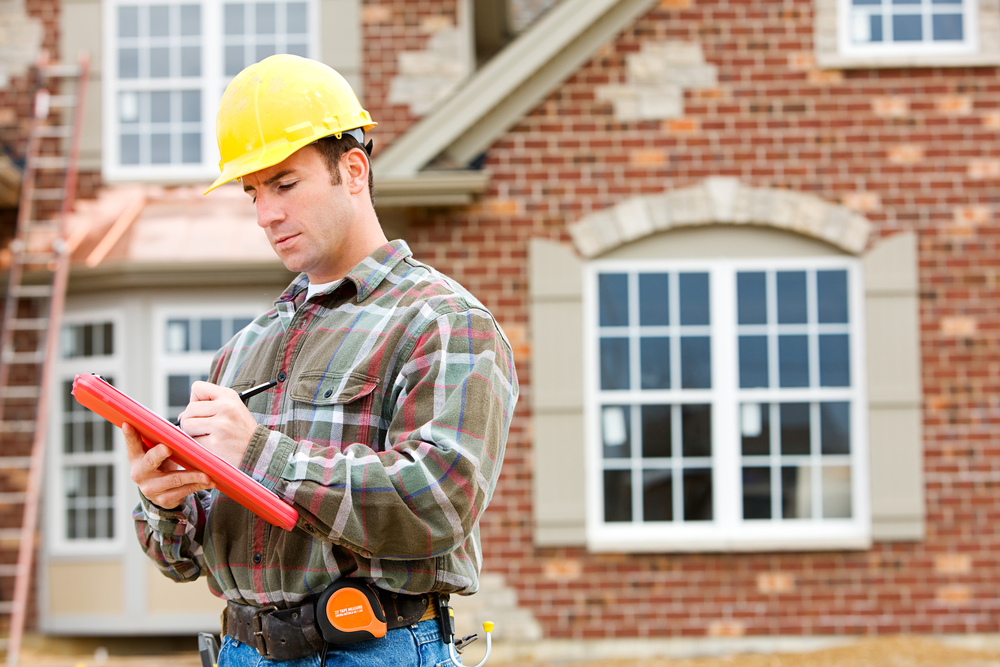Now that we’ve been in Level 3 for about a week now, you’re probably all over what you need to be doing when you’re working on site. Maybe you already know the drill for working in clients’ homes too, but we thought we’d go over it just one more time for those who haven’t ventured into that area just yet.
At Levels 1, 2 and 3, people can get tradies into their homes to do repair or construction work, but both clients and tradies alike need to make sure they’re meeting the requirements at each level, including social distancing and proper hygiene.
You might have found that even at Level 3, people are hesitant to have you in their homes unless absolutely necessary, so it’s likely that residential work in clients’ homes has slowed for you. But once it starts up again, here are some things you’ll need to consider.
Safety first
Obviously the first question you should be asking before you even set foot in a client’s home is, ‘Is anyone sick?’ This includes the client, any family members or friends living with the client, and yourself and anyone you might be living with. Better to be safe than sorry so make sure you are checking this every time and don’t enter the home of someone who isn’t well.
Have a plan
Having a clear plan in place that you can communicate to your team and the clients is the best thing you can do to reassure them and get the job done properly. Even if the clients have asked you into their home, they still might have reservations about how you will keep everyone safe. If you can let them know what protocols you will be putting in place and what the rules are for everyone, then they will be much more at ease.
Keep your distance
As with any other public space, you’ll need to make sure you’re keeping at least a 2 metre distance between yourself and others, including the client and any other occupants. This can be difficult in smaller homes so make sure you have some protocols in place and don’t be afraid of communicating to the client what their options are, i.e. leaving the house for a period of time, staying in a different room, etc.
Be wary of shared spaces
Even if everyone involved is healthy, you still need to be wary about any spaces that might be usually shared, such as the client’s kitchen or bathroom. It’s better to avoid these spaces and use your own if possible – some companies have been providing portable toilets and wash stations for their teams so if you don’t have this, it might be a good idea to get it set up.
Keep up the contact tracing
As with being on site, contact tracing is still extremely important to keep under control. You should record your daily interactions and who was present at the home, including friends and family, so that should a suspected case of COVID-19 occur, its origin can be easily detected.
Stay safe out there guys!
